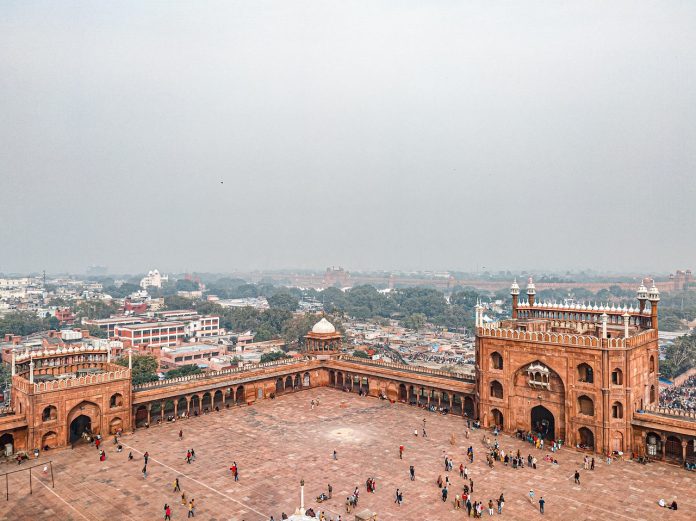The mainstream media quickly jumped on claims that Delhi, India experienced a record setting temperature of 52.9℃ degrees, citing human-caused climate change as the cause. CNN, ABC, Reuters, and CNBC were among the major media outlets that hyped what turned out to be a false report on the weather there. The “record high” temperature reading was due to a sensor error, but the media didn’t bother to confirm the facts before promoting the climate scare story. Only a few of the media outlets printed real retractions or edited their stories later to show the truth, long after the original alarmist reports were posted.
Each of the stories claimed in varying degrees of alarmist language that the recent heatwave in Delhi was due to human-caused climate change.
CNN’s story focused on water rationing that has been imposed on Delhi, but claimed that extreme heat “is becoming more common and intense in much of the world because of the human-caused climate crisis,” and that there are places in India that are “pushing the limits of human survivability,” according to scientists. This is false. The fact that India is not becoming unlivable is especially evidenced by the country’s increasing crop yields, longer life spans and improved standards of living.
Reuters reported that Delhi has seen temperatures “of over 45 C in previous years but never gone as high as 52.9 C,” and is part of a larger trend of Asia suffering from worsened heat due to “human-driven climate change.”
ABC also claimed in their story that rising temperatures are causing longer and more frequent heat waves, and cites the alarmist group World Weather Attribution, which Climate Realism has shown to be false here, here, and here.
In reality, heatwaves in India are common not unprecedented, and somewhere in the world hits a high or low temperature record almost every day, in part because of the short record most countries have for directly recorded temperatures, and the growing number of measuring stations. The media often hypes heat and rain events in India, as discussed by Indian resident and CO2 Coalition Research Associate Vijay Jayaraj in a Climate Realism post “Media Reports Indian Weather to Fit a Doomsday Narrative.” Jayaraj explains that while there are often high temperature records in Indian cities, “the usual cause is the well-known urban heat island – a phenomenon that gets a boost even from the exhausts of air conditioning units in densely packed residential areas.”
Indeed the Indian Meteorological Department (IMD) reported that the 52.9 degree “record” reading was taken in a densely populated urban location, and surrounding thermometer stations did not record anything near to that value. Only Reuters appears to have published a full retraction or correction, “India says Delhi’s record 52.9 Celsius temperature last week was wrong by 3 C.” Reuters explained that although the IMD found a 3°C sensor error, it did not give the media a corrected reading.
CNN made no retraction, as they did not report explicitly on the 52.9 degree figure in the first place, but ABC retroactively added a paragraph admitting that the Indian government is “examining the data” and that the reading could have been in error. CNBC likewise appears to have added an extra paragraph to their story a few hours after publishing, correcting the all-time high claim.
This should be a teaching moment for journalists, who, as Climate Realism has covered before with regards to another hot city (Phoenix), often take a supposed record from a single temperature or weather station and try to claim it’s indicative of long term climate change. In fact, more often than not, the influence of nearby heat sources is corrupting the data. Good on those news sites that did print retractions, though they could and should go a step further by showing some skepticism concerning record setting claims and restraint before publishing them unverified, and stop pushing the narrative that climate change is causing a catastrophe every time it’s hot or there is severe weather somewhere in the world.



















